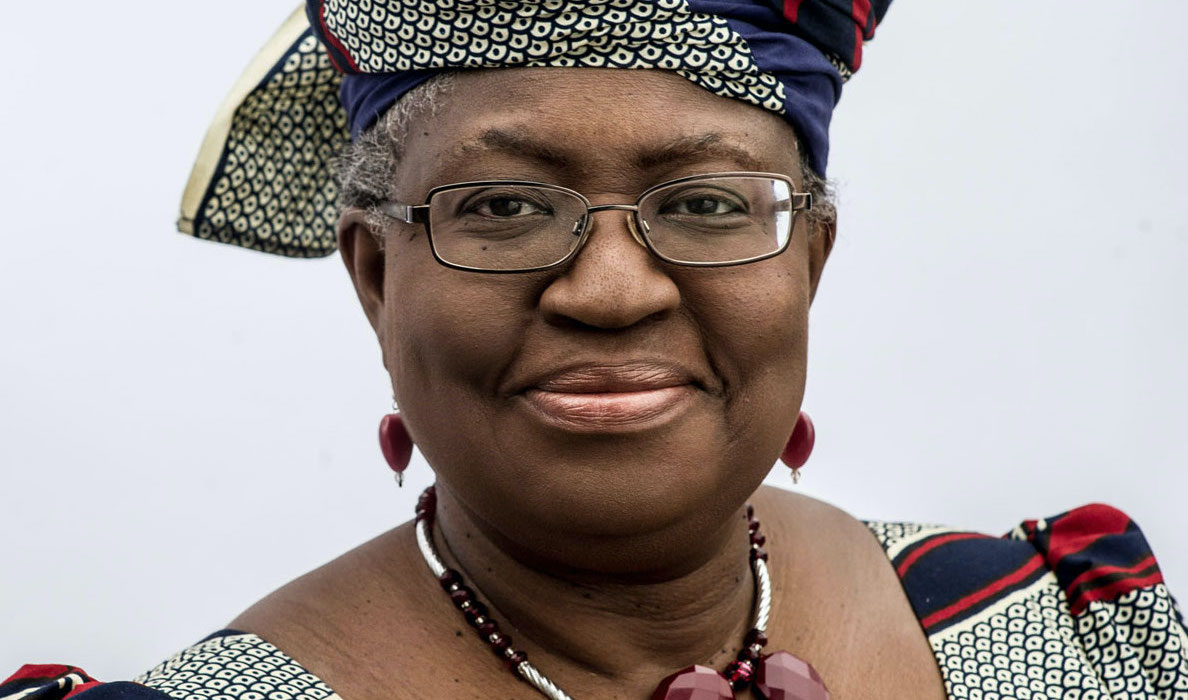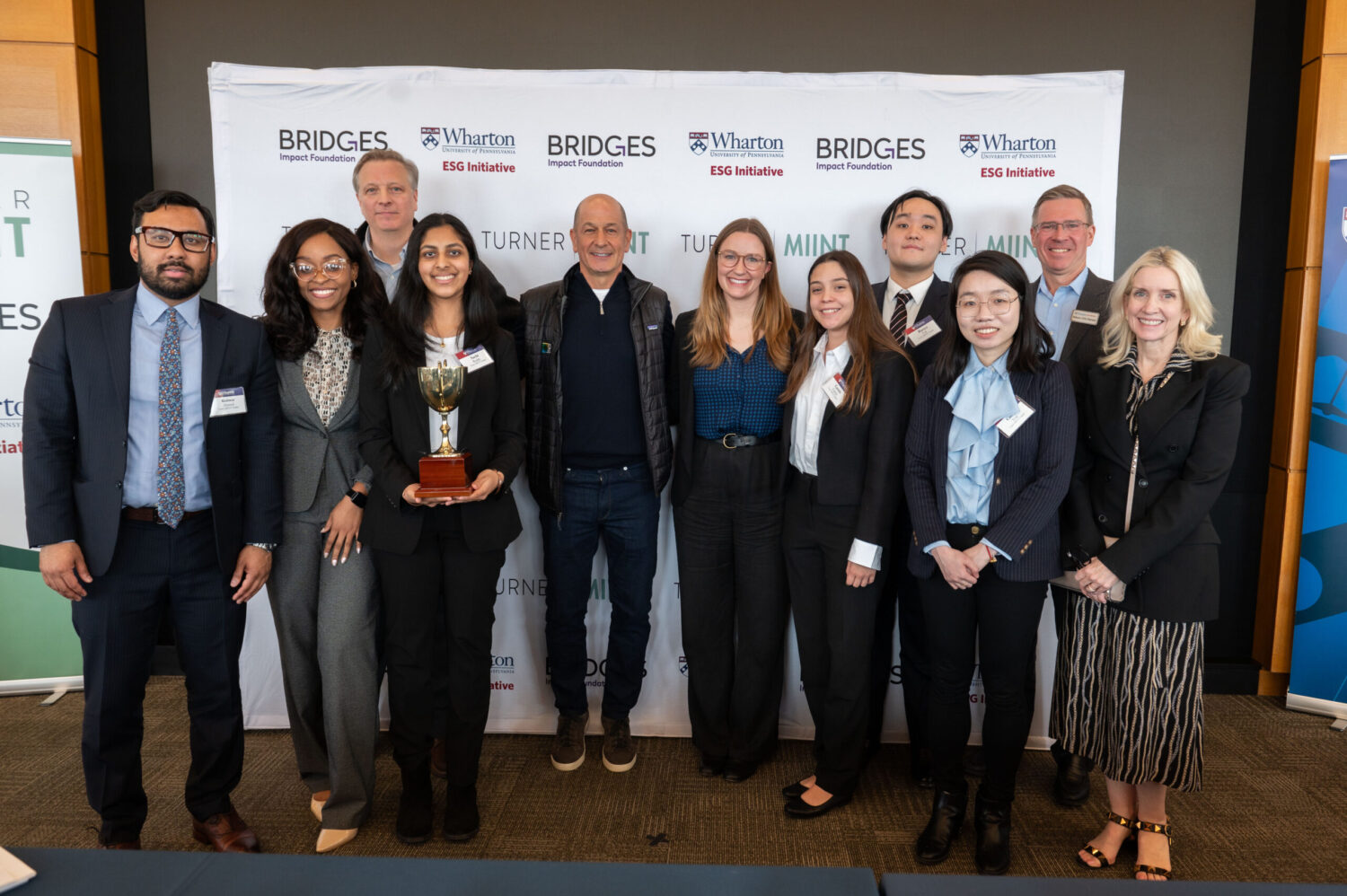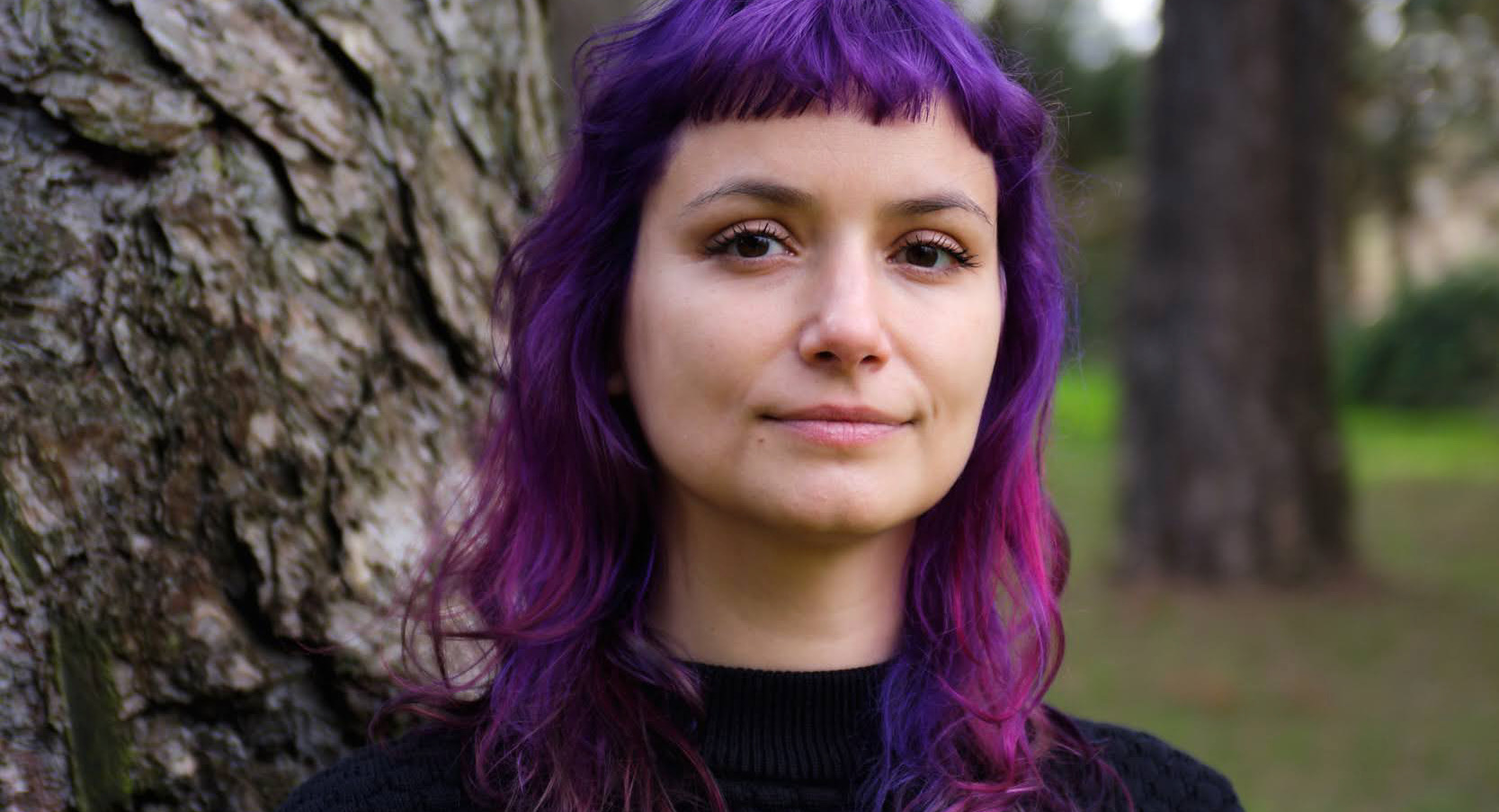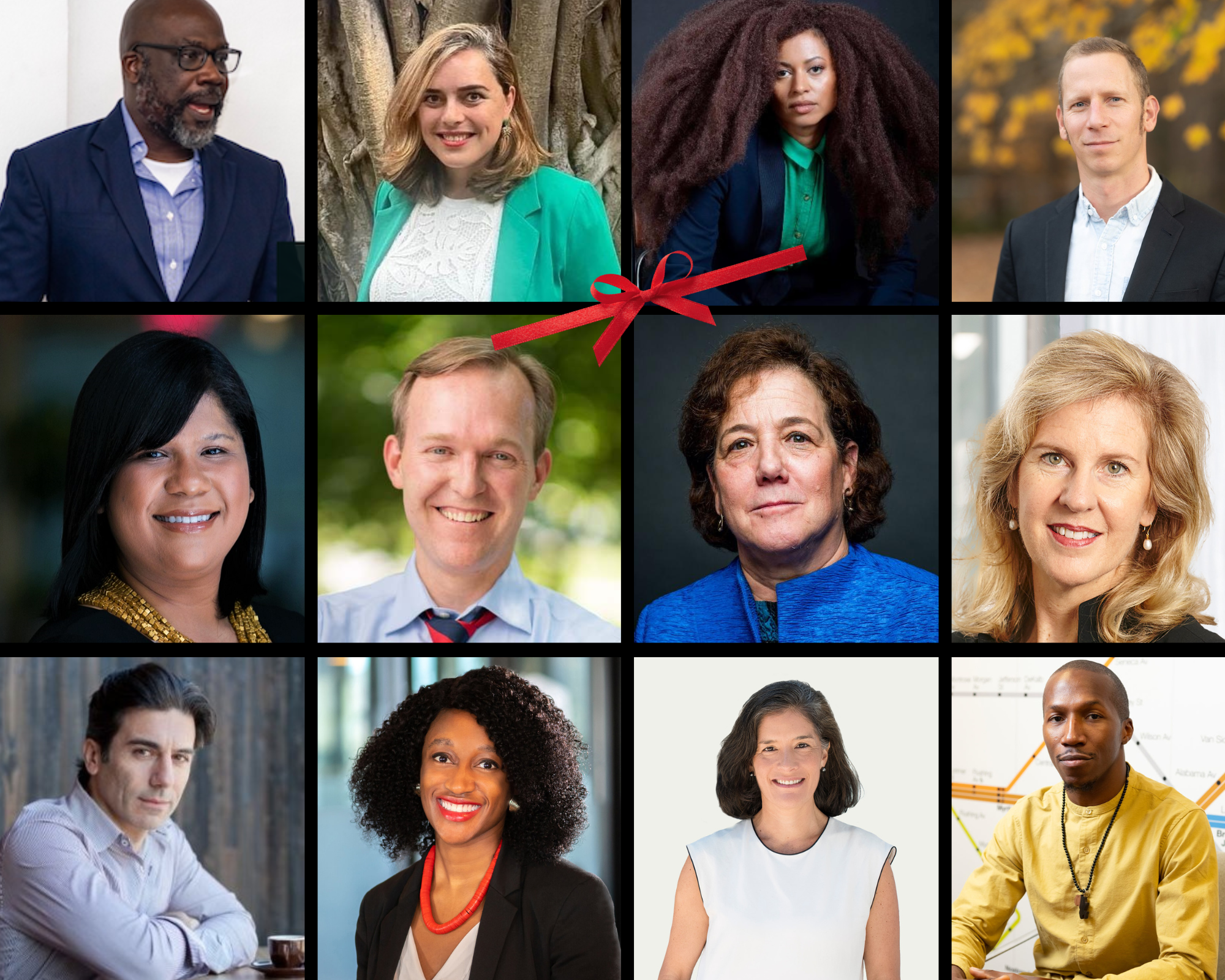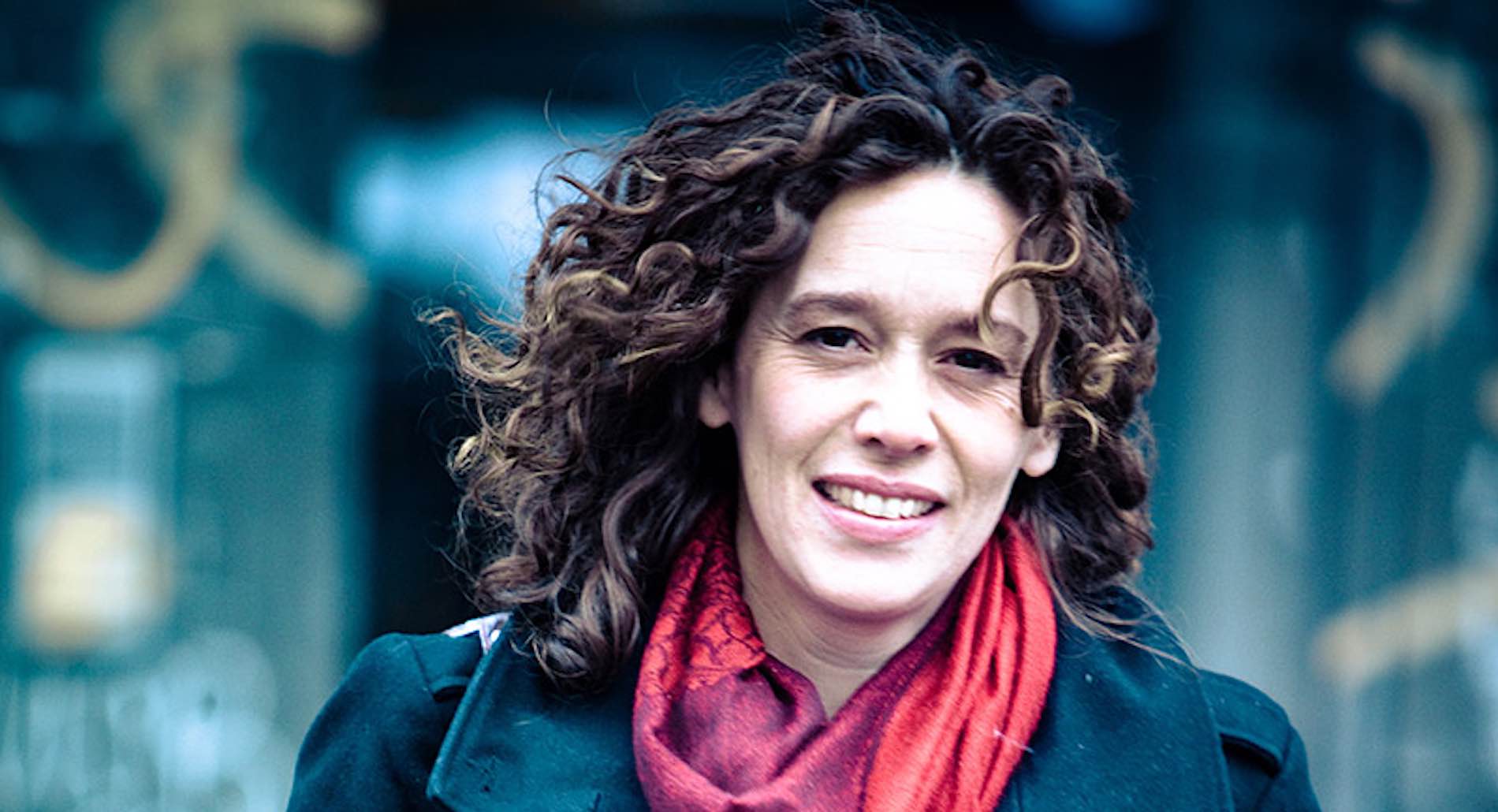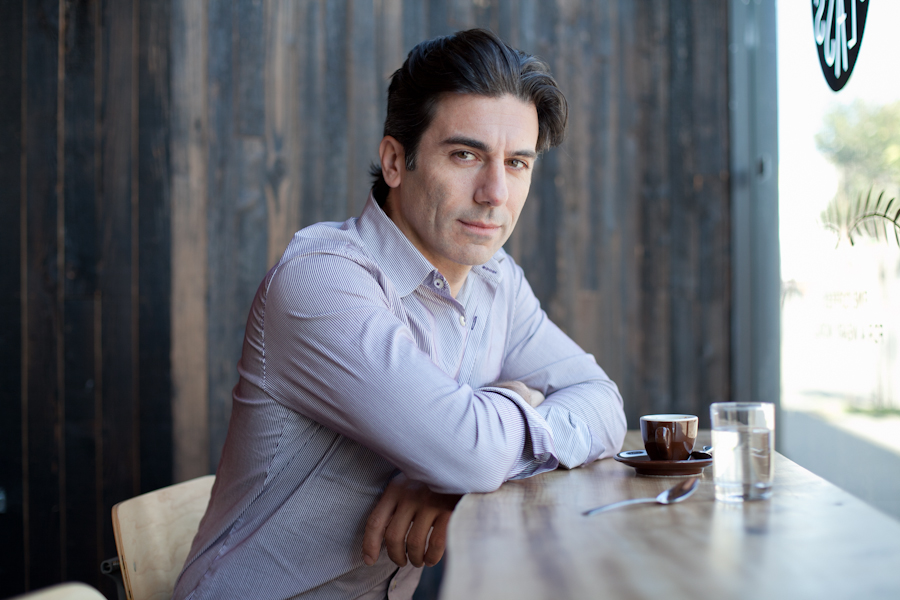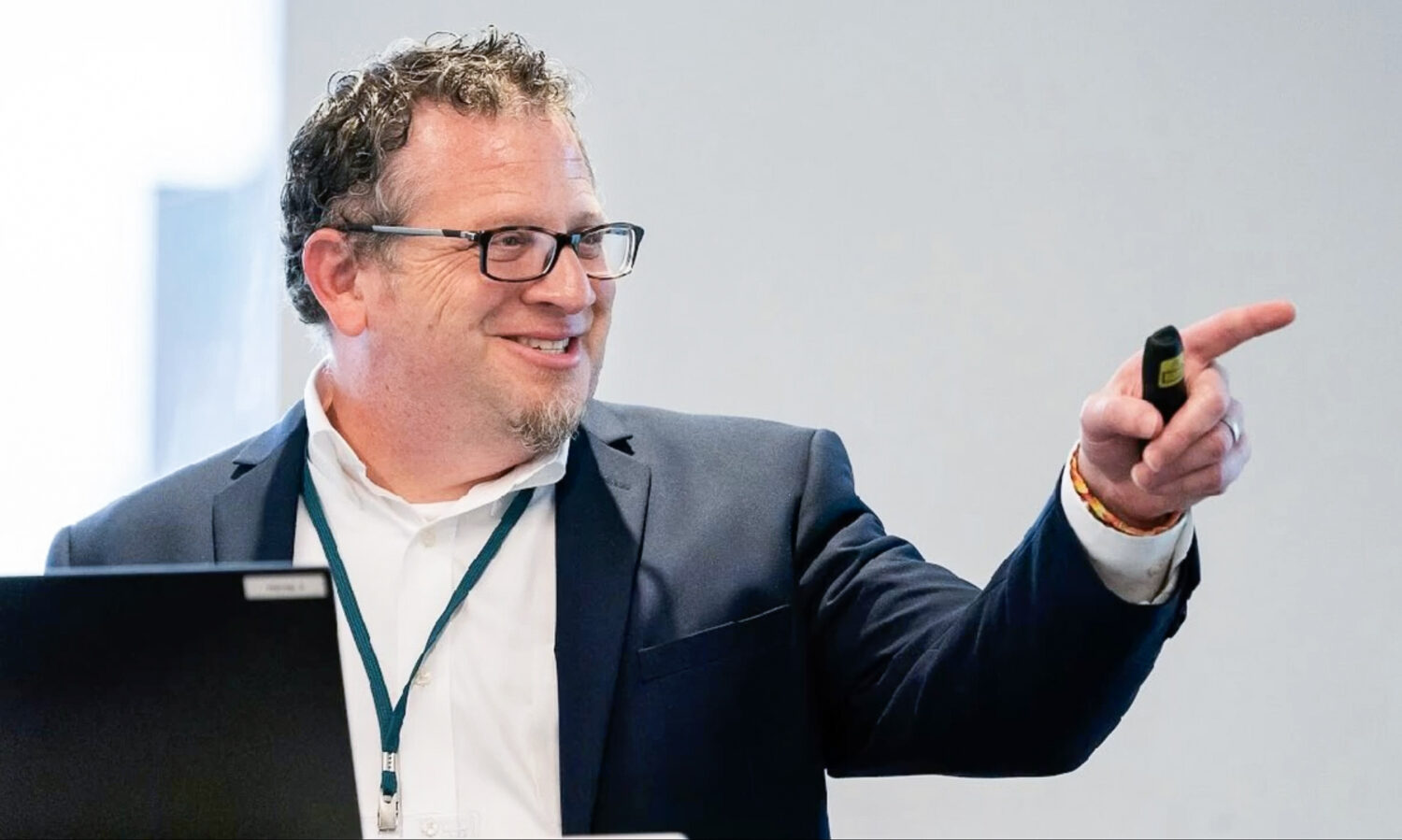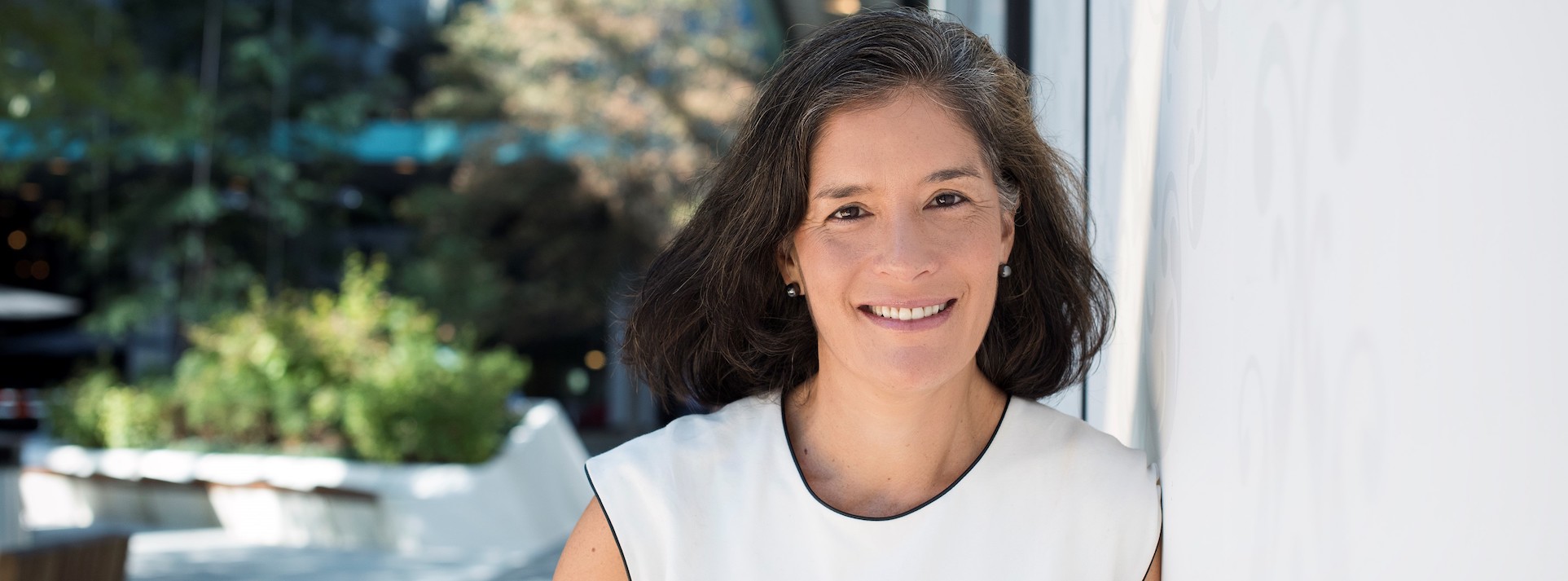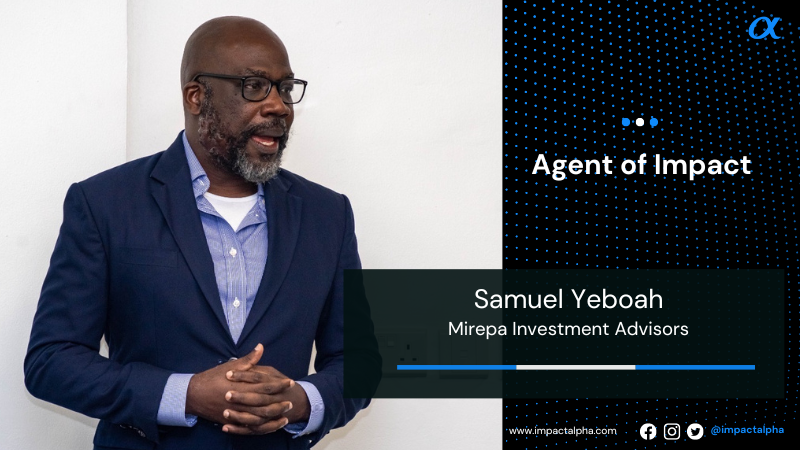ImpactAlpha, Feb. 5 – Ngozi Okonjo-Iweala has a warning for nations prioritizing self-interest in their pandemic responses: “No one in the world can be safe until everyone is safe.”
The former (twice) finance minister of Nigeria, former managing director of the World Bank and former chair of the vaccine alliance GAVI has emerged as a champion of a strong global COVID vaccination mobilization.
“We can solve this problem,” she says. Okonjo-Iweala’s calls out weak international cooperation, protectionism, intellectual-property protections and other regulatory obstacles that are blocking an effective vaccine rollout.
Wealthy countries with less than one-fifth of the world’s population have bought up more than half of global vaccine supply. COVAX, a vaccine finance facility co-led by GAVI, the Coalition for Epidemic Preparedness Innovations and WHO, is struggling to purchase enough vaccines to inoculate just 20% of people in lower-income countries by the end of the year.
A vaccine effort that neglects poor countries could cost the global economy up to $3.8 trillion, according to the International Chamber of Commerce.
That raises the stakes in the debate between proponents of “open-sourcing” vaccine manufacturing technology to take advantage of untapped production capacity, and defenders of intellectual property protection as a way to promote future investments in vaccines and therapeutics.
“We can and must find a ‘third way’ that allows access without discouraging continued investment in research and development,” says Okonjo-Iweala.
The Harvard- and MIT-trained economist is a favorite to be the next chief of the World Trade Organization, if the Biden administration gives the nod. She would be the first woman and first African to lead the trade organization. (UPDATE: She got the nod.)
Okonjo-Iweala says the agreement between Serum Institute of India and AstraZeneca and Oxford shows how, “with sufficient coordination and cooperation, generic manufacturers in developing countries can license these products within the current system” (see, “Bill Gates says the world (sorta) came together to fight COVID-19”).
Okonjo-Iweala cites a saying in Igbo, her mother tongue, Aka nni Kwo aka ekpe, aka ekepe akwo akanni wancha adi ocha. If the right hand washes the left, and the left hand washes the right, then both become clean. “It is only by working together, by one hand washing the other,” she says, “that we can chart a way out and through the crisis.”

